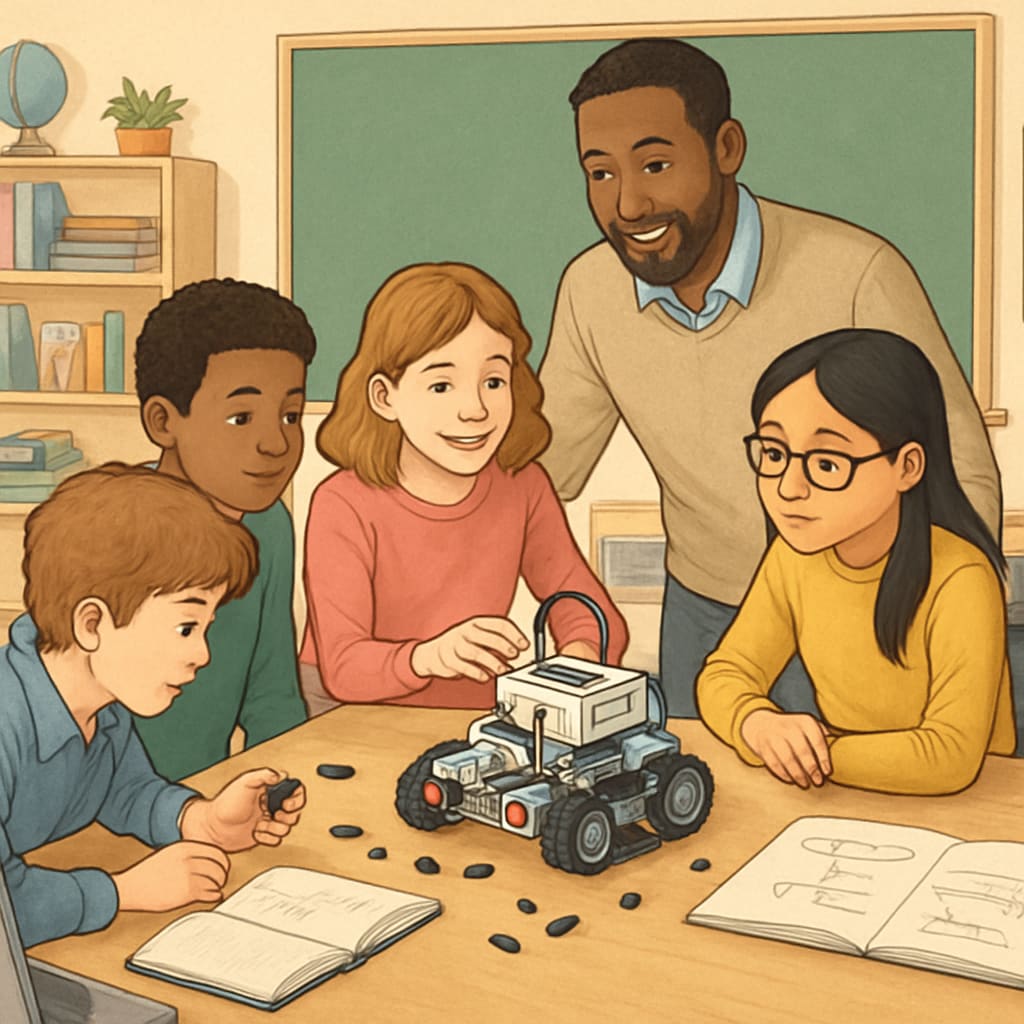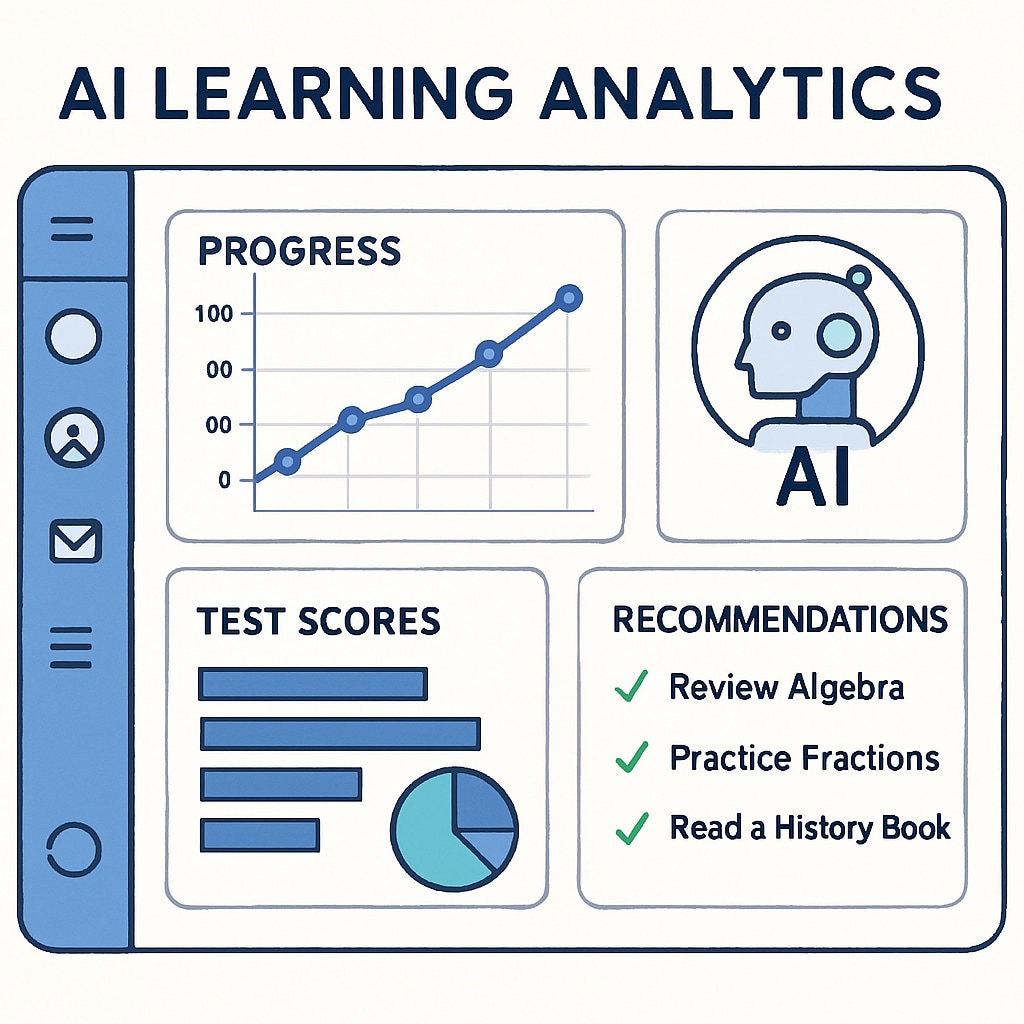The rapid advancement of artificial intelligence presents both opportunities and challenges for higher education and career prospects. As AI systems demonstrate increasing capabilities in various professional domains, educators and parents must reconsider how to prepare K12 students for this evolving landscape. According to the McKinsey Global Institute, approximately 50% of current work activities could be automated by 2055, though the timeline may accelerate with recent breakthroughs in generative AI.
Redefining Core Competencies for the AI Era
Traditional education models emphasizing rote memorization and standardized testing are becoming inadequate. Instead, schools should focus on developing these essential skills:
- Critical thinking and complex problem-solving
- Creativity and innovation
- Emotional intelligence and interpersonal skills
- Technological literacy with AI tools
- Adaptability and continuous learning

The Changing Value Proposition of Higher Education
As noted by the World Economic Forum, the half-life of professional skills has decreased to about 5 years. This rapid obsolescence challenges traditional degree programs. Higher education institutions must:
- Integrate AI literacy across all disciplines
- Emphasize project-based and experiential learning
- Develop micro-credentialing systems for continuous upskilling
- Foster stronger industry-academic partnerships
The transformation requires systemic changes in curriculum design, teaching methodologies, and assessment frameworks. For example, project-based learning that mimics real-world challenges can better prepare students than traditional lecture formats.

Practical implementation strategies: Schools can start by introducing AI ethics discussions in social studies, incorporating coding across subjects, and creating maker spaces for hands-on experimentation. These approaches help students understand both the potential and limitations of intelligent systems.
Ultimately, the goal isn’t to compete with AI but to cultivate uniquely human capabilities that complement machine intelligence. By focusing on creativity, emotional intelligence, and ethical reasoning, education can remain relevant in an automated future.


